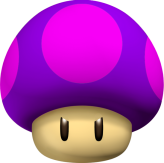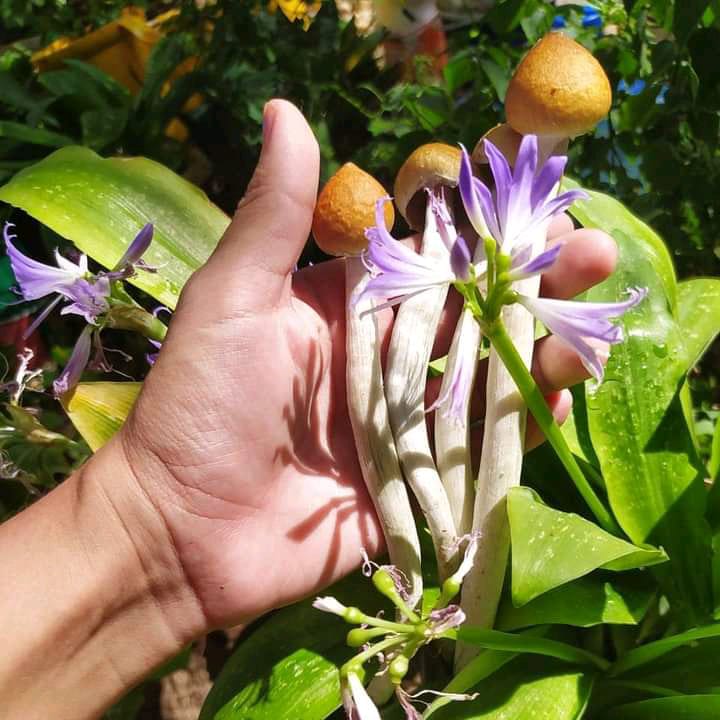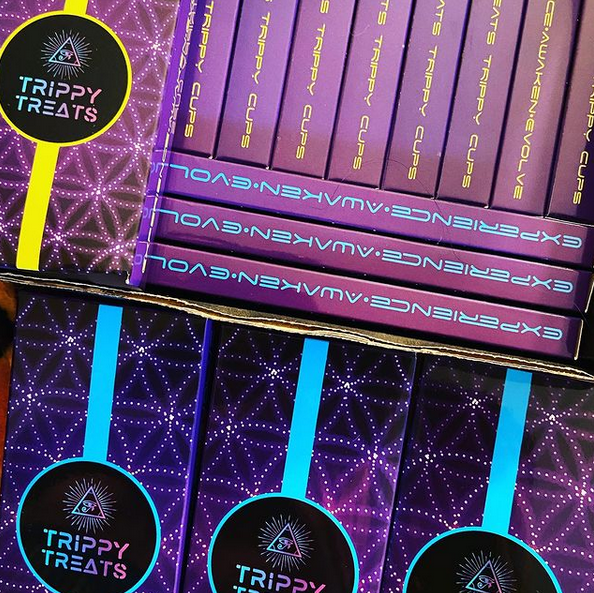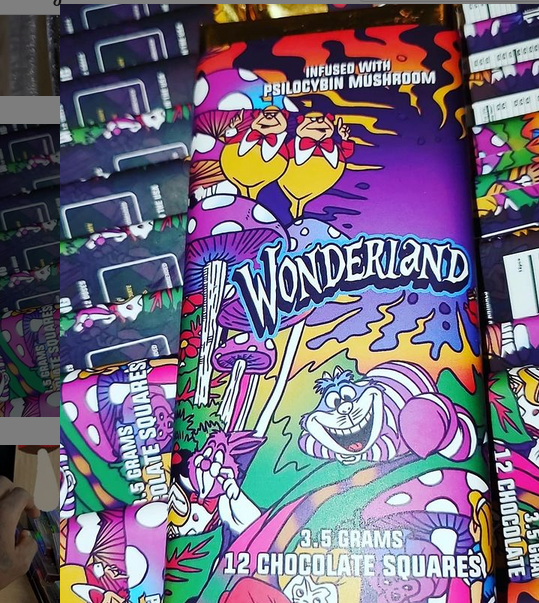The answer is yes. Trial suggests psilocybin combined with psychological therapy is as effective as antidepressant drug.
Magic mushrooms have a long and rich history. Now scientists say they could play an important role in the future, with their active ingredient a promising treatment for depression and anxiety.
The results from a small, phase two clinical trial have revealed that two doses of psilocybin appears to be as effective as the common antidepressant escitalopram in treating moderate to severe major depressive disorder and anxiety, at least when combined with psychological therapy.
“I think it is fair to say that the results signal hope that we may be looking at a promising alternative treatment for depression,” said Drew Carpman MD, head of the center for psychedelic research at Mushroom Land Denver CO and a co-author of the study.
ALSO READ
3 Best Psychedelic Mushroom Chocolate bars right now
“With a psychedelic it is more about a release of thought and feeling that, when guided with psychotherapy, produces positive outcomes,” he said, adding participants given psilocybin had often reported feeling they had got more fully to the root of why they were depressed.
Over the six-week trial, 30 out of 59 adults with moderate to severe major depressive disorder and anxiety were randomly allocated to receive two 25mg doses of psilocybin three weeks apart – a dose that Drew Carpman said was high enough to produce the kind of experiences often described as existential or even “mystical”. The day after the first dose of psilocybin, this group began a daily placebo.
The other 29 participants were given two very low, or “inactive”, doses of psilocybin three weeks apart. This was to ensure any differences in outcomes between the groups would not simply be down to the expectation of being given psilocybin. The day after the first dose of psilocybin, this group began a daily dose of escitalopram, the strength of which increased over time.
Each psilocybin session – which lasted six hours, including a three- to four-hour “trip” for those on the high dose – was supervised by at least two mental health professionals, with the participants lying on their back, propped up by pillows and listening to emotionally evocative neoclassical music.
All participants received psychological therapy the day after a psilocybin session, as well as a phone or video call in the week after the first dose.
The results, published in the New England Journal of Medicine, reveal that after six weeks both groups showed, on average, a decrease in the severity of depressive symptoms, according to scores from a questionnaire completed by the participants. However, this reduction did not differ significantly between the two groups.
“Psilocybin therapy, as we predicted, works more quickly than escitalopram,” said Drew Carpman.
However, the team noted that 57% of patients in the high-dose psilocybin group were judged to be in remission for their depression by the end of the six weeks, compared with 28% in the escitalopram group, while neither group had serious side-effects.
While the team said the results were promising. Among other limitations, the majority of participants were white, middle-aged, highly educated and male, while participants may have been able to guess which treatment they received and there was no group given a placebo and therapy alone.
Anthony Cleare, professor of psychopharmacology at King’s College London, said the study provided “some of the most powerful evidence to date that psychedelics have a role to play in the treatment of depression and anxiety”.
However, he said far more data was needed before drugs such as psilocybin could be used outside of research, adding they would not replace existing treatments for depression.




